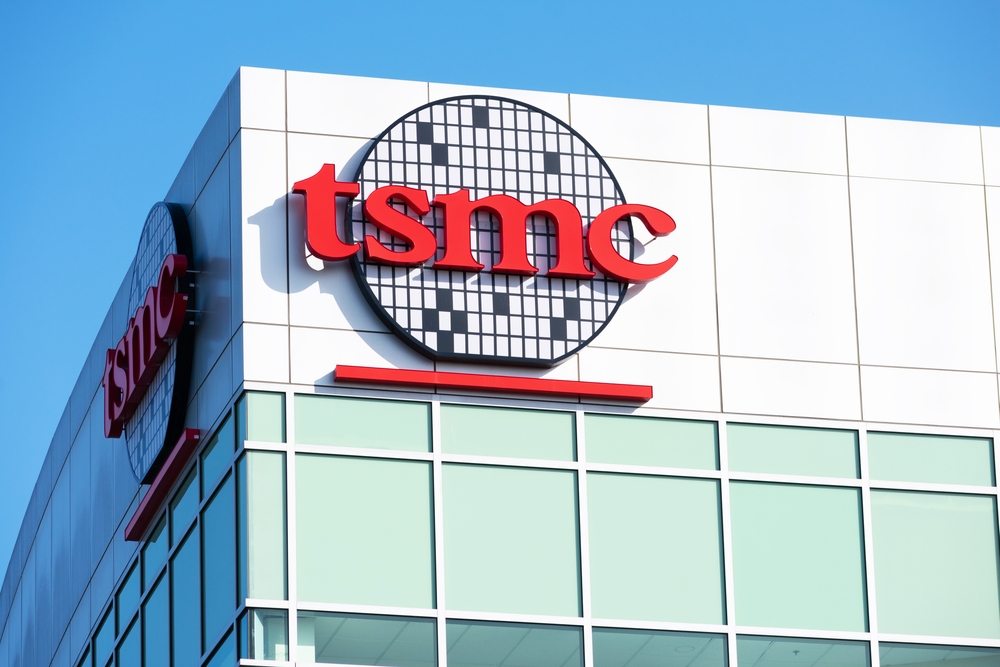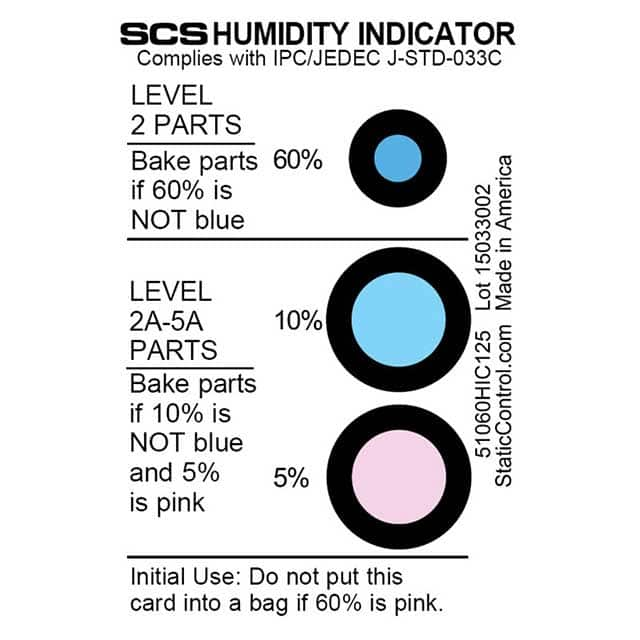Projected 4-6% Revenue Surge with TSMC's 3nm Chips in 2023

According to recent reports, Taiwan Semiconductor Manufacturing Company (TSMC) is poised to benefit from the production of chips for Apple's iPhone 15 series. It is expected that approximately 4-6% of TSMC's total sales for the year 2023 will be attributed to the N3 (3nm) process node.
This development underscores a significant stride forward in the commercialization of TSMC's 3nm node, as the production of Apple's A17 Pro SoC is projected to contribute up to $34.1 billion in revenue to the foundry this year.
TSMC's N3 (formerly known as N3B) is expected to gradually transition to N3E, a revised 3nm version, starting in 2024. Industry insiders suggest that key players in the semiconductor space, including Apple, Qualcomm, MediaTek, AMD, NVIDIA, Intel, and many other artificial intelligence (AI) chip customers, are likely to adopt TSMC's N3E technology.
In contrast, Samsung Electronics and Intel have been relatively slow in their migration to more advanced manufacturing nodes and have had limited success in attracting foundry clients. This is attributed to a discrepancy in the progress of their advanced manufacturing technology development and the returns on investments in new semiconductor fabrication facilities compared to TSMC's progress.
TSMC plans to significantly increase its 3nm production capacity from 55,000-60,000 wafers per month to 90,000-100,000 wafers per month in 2024, with an approximate 90% utilization rate, further solidifying its competitive edge in the industry.
According to TSMC's technology roadmap, the next iteration of the 3nm node, N3E, will primarily focus on enhancing chip performance, power efficiency, and manufacturing yield. The foundry has already commenced mass production of N3E and intends to replace N3 with the upgraded version starting in 2024.
Despite ongoing adjustments in the semiconductor industry's inventory, TSMC has reportedly secured commitments for N3E orders from numerous customers. With the exception of Samsung, all major chip suppliers are expected to embrace TSMC's N3E process.
TSMC notes that its 3nm projects, produced in the first two years, will be more than double the 5nm series, underscoring the significance of the 3nm node in meeting long-term demand.
The foundry also plans to initiate mass production of N3P in the latter half of 2024. N3P offers additional enhancements over N3E, including a 5% speed boost at the same leakage, a 5-10% reduction in power consumption at the same speed, and a 1.04x increase in chip density.
TSMC emphasizes that its N3X process places a premium on performance and maximum frequency for high-performance computing (HPC) applications. It boasts a 5% higher speed compared to N3P at a 1.2V drive voltage, with the same chip density. Mass production of N3X is slated to commence in 2025.
In early 2023, TSMC introduced N3AE, or "Auto Early." N3AE offers an automotive process design kit (PDK) based on N3E, allowing customers to design for the 3nm node and achieve full compliance with automotive standards by 2025.
TSMC also reports significant progress in the development of 2nm technology utilizing nanosheet transistors, with expectations for mass production in 2025. The company suggests that 2nm technology will provide up to a 15% increase in speed compared to N3E at the same power level, a 30% reduction in power consumption at the same speed, and a chip density exceeding 1.15x.
In June 2022, Samsung announced a successful transition to the 3nm GAA architecture. However, this technology node has yet to gain significant traction in the foundry space, with limited adoption by customers.
Intel is set to launch its Meteor Lake CPU platform based on Intel 4 technology on December 14, initially for laptops and subsequently for desktop devices like all-in-ones and mini PCs. Intel aims to achieve its goal of "five nodes in four years."
Intel emphasizes the smooth progress in the development of Intel 3, with chips manufactured using Intel 3, such as the Sierra Forest chip, expected to be introduced in the first half of 2024. Nevertheless, insiders caution that transitioning Intel 4 and Intel 3 into mass production does not necessarily guarantee substantial output from these processes.
Solemnly declare: The copyright of this article belongs to the original author. The reprinted article is only for the purpose of disseminating more information. If the author's information is marked incorrectly, please contact us to modify or delete it as soon as possible. Thank you for your attention!







